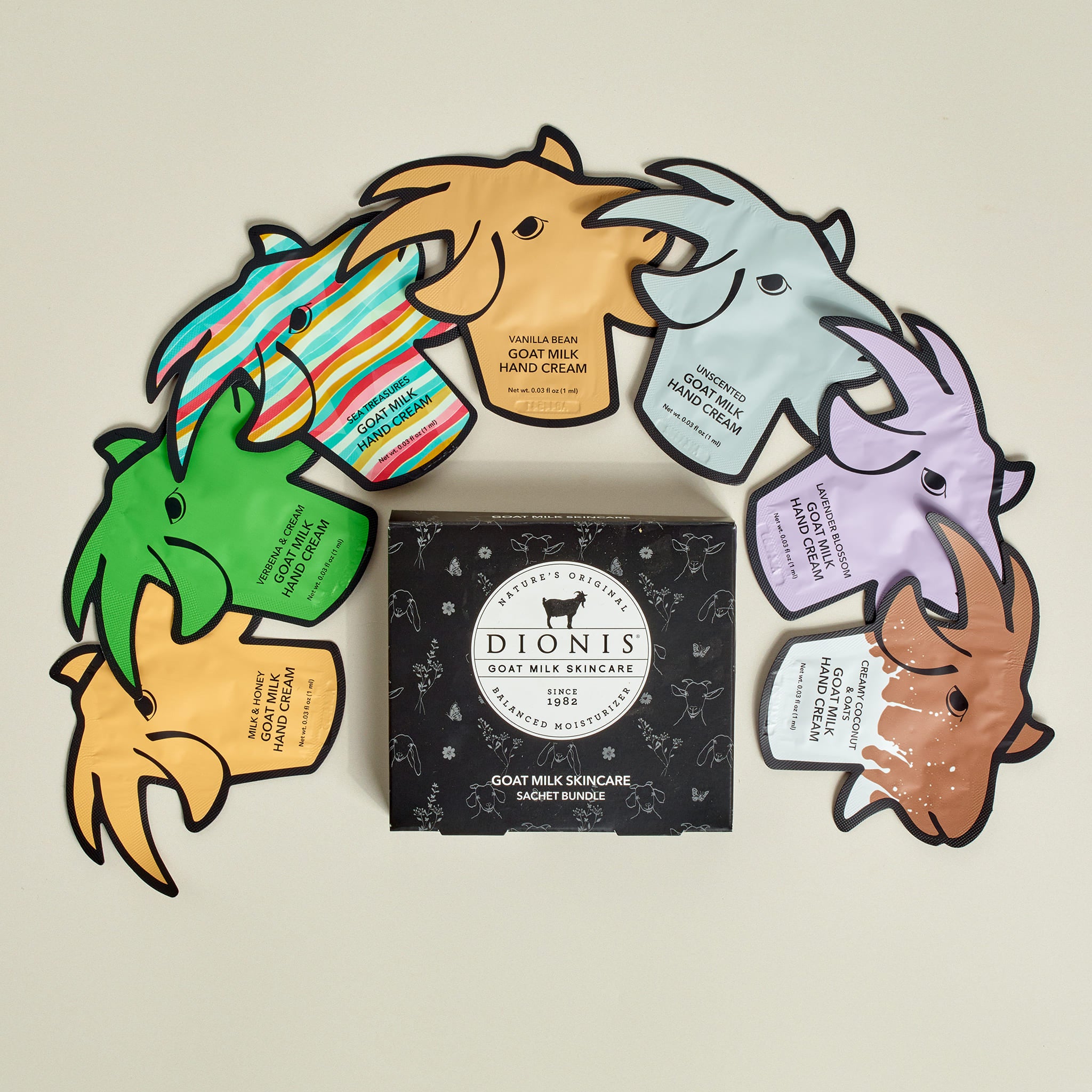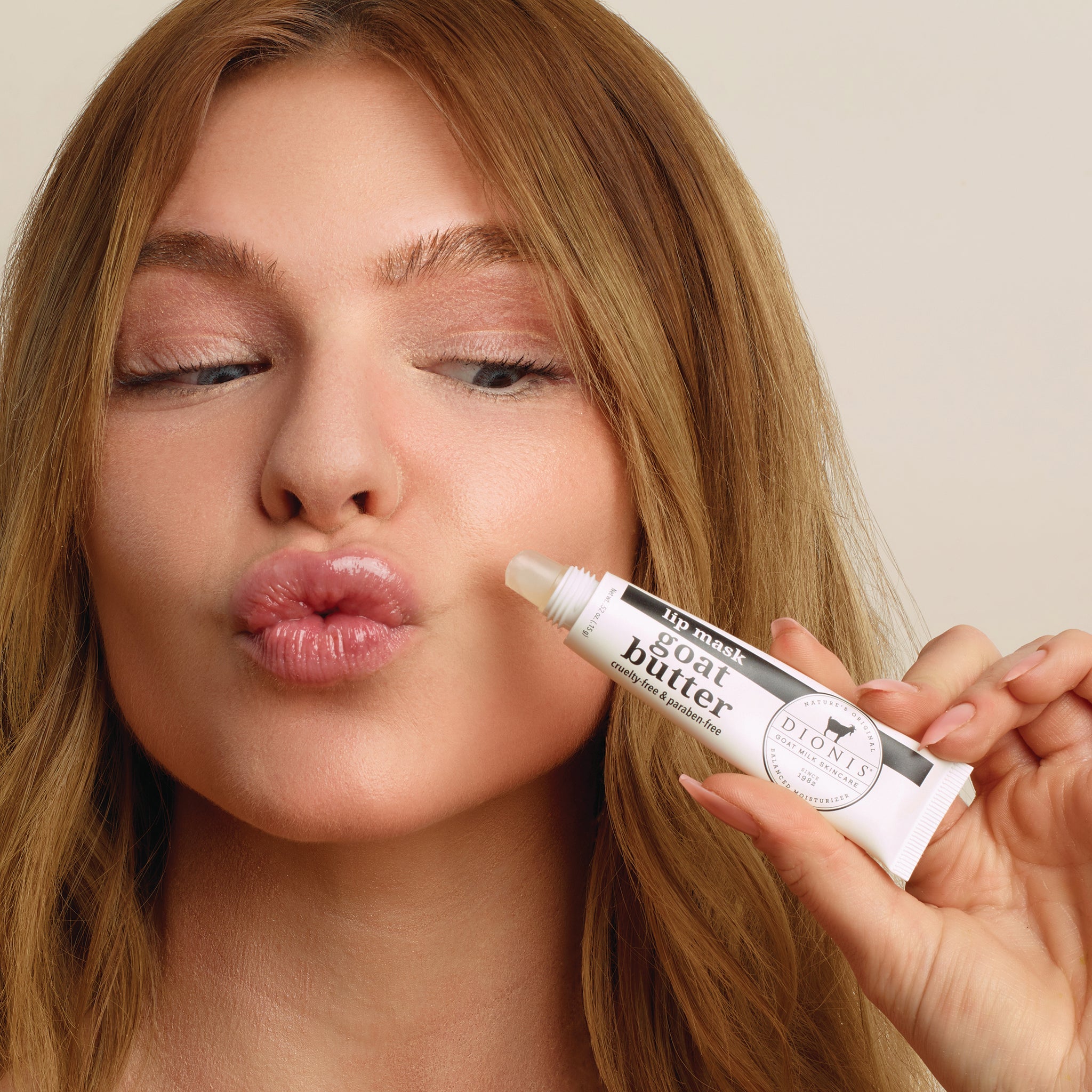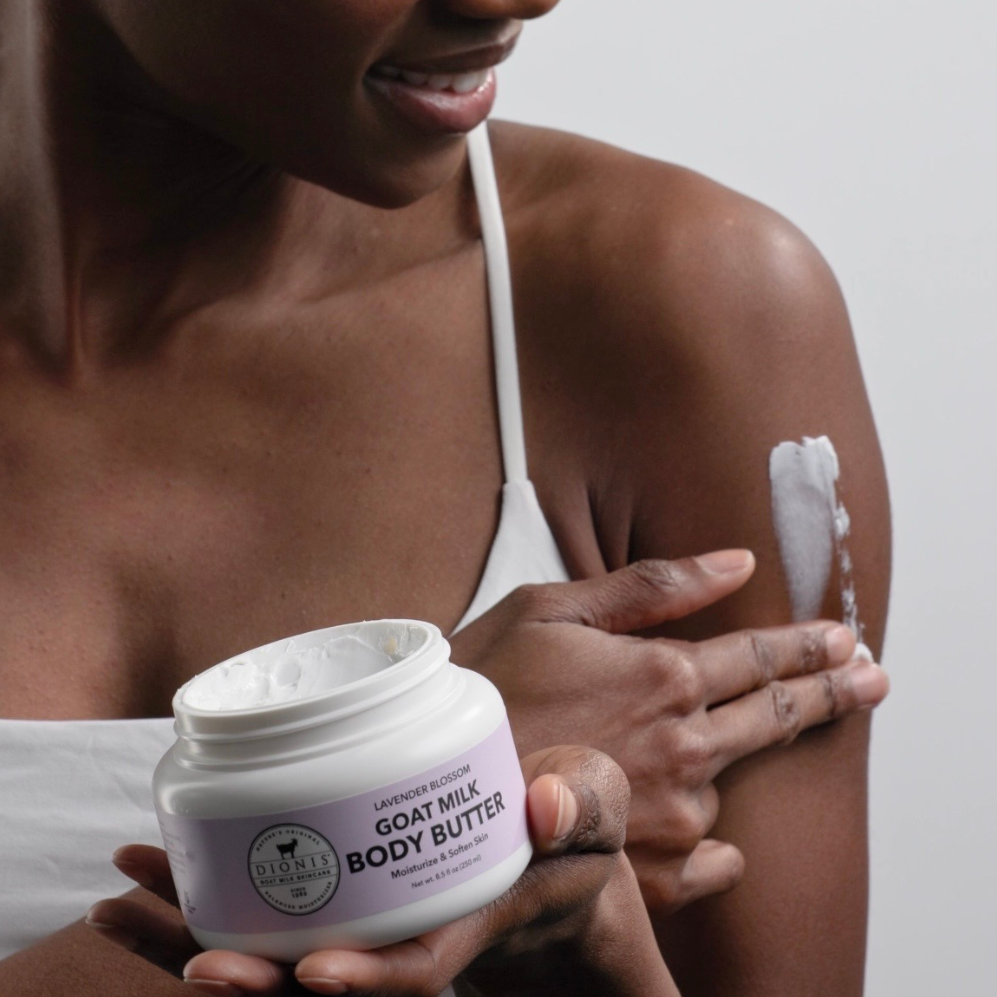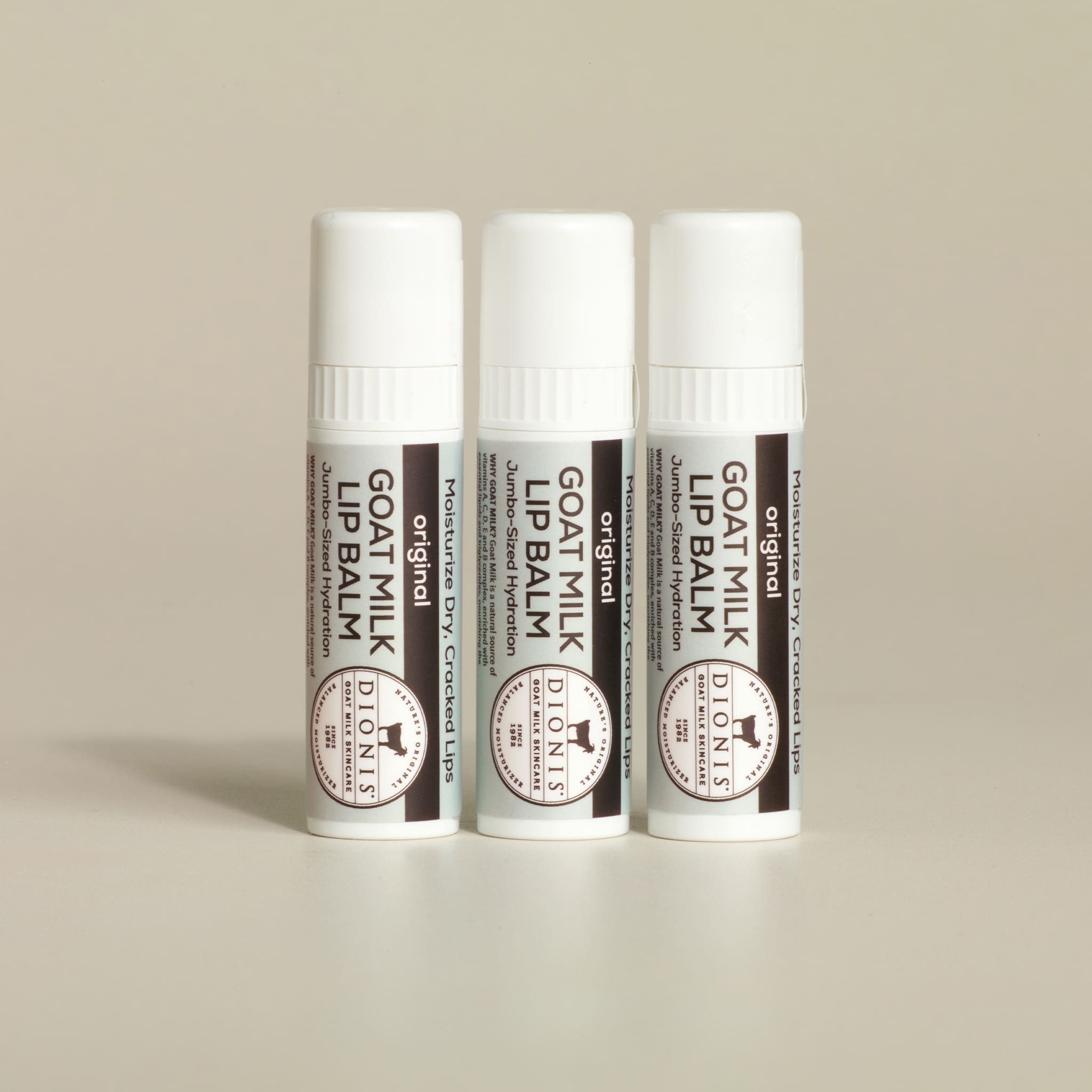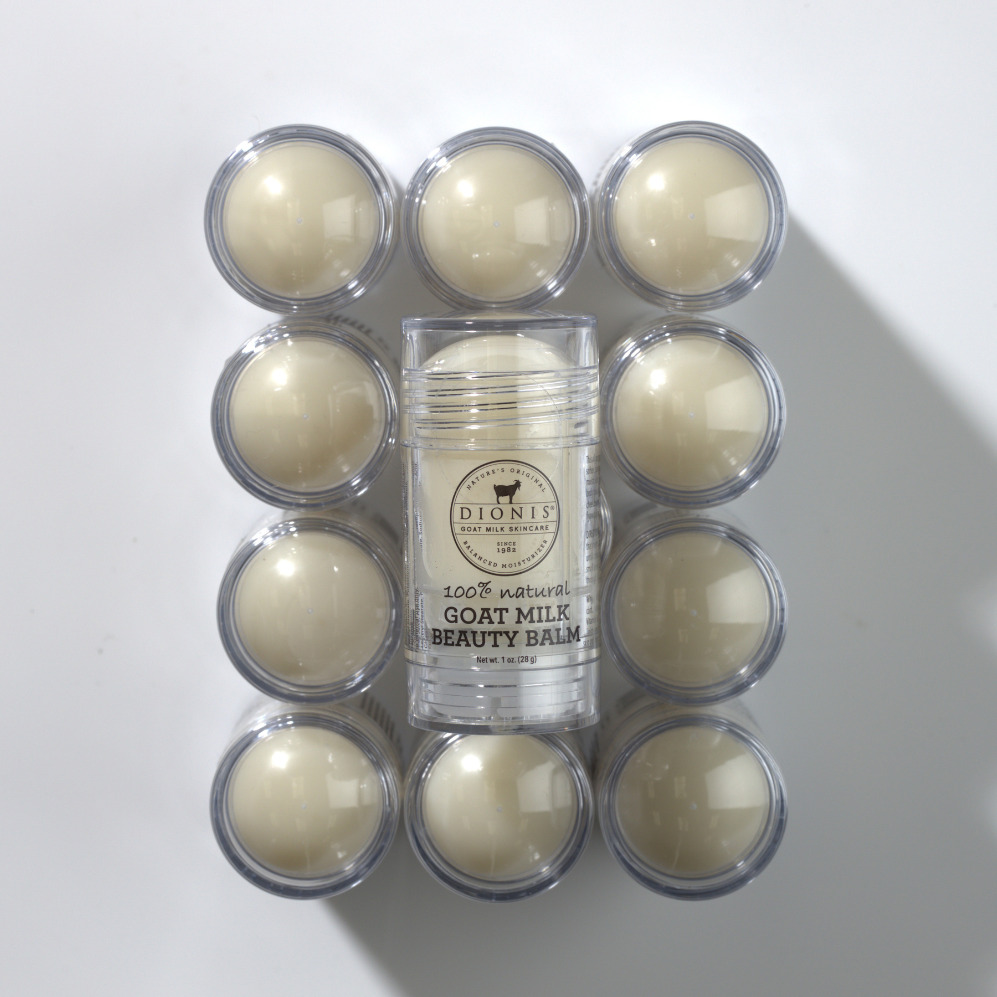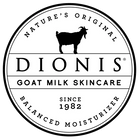What are Peptides?
The Unsung Heroes of Youthful Skin: How Peptides Help Rebuild, Repair, and Refresh Your Skin
From collagen creams to retinol serums, the skincare world is full of buzzwords. But one ingredient that deserves more spotlight -- and a permanent place in your routine -- is peptides. You’ll find them in a wide range of skincare products, from eye creams and facial serums to moisturizers and hand creams.
Though they might sound like something out of a biology textbook, peptides are one of the most powerful tools we have for supporting skin health, especially when it comes to firming, smoothing, and slowing the signs of aging. In short? They’re the unsung heroes working quietly behind the scenes to help your skin look its best.

So, What Are Peptides?
Peptides are short chains of amino acids -- the building blocks of proteins like collagen, elastin, and keratin. These proteins are essential for keeping your skin firm, smooth, and resilient. Without them, skin starts to sag, wrinkle, and lose its bounce.
Think of peptides as messengers. When applied topically in skincare, they signal your skin to kickstart the production of what is missing -- like collagen and elastin -- which naturally decline with age.
In other words: peptides don’t just sit on your skin. They communicate with it, encouraging it to rebuild and repair from within.
What Do Peptides Actually Do in Skincare?
Peptides might be tiny, but they pack a serious punch. Here’s what they’re doing when they show up in your moisturizer, serum, or hand cream:
- Stimulate collagen production – Certain peptides tell your skin to produce more collagen, which helps smooth out fine lines and firm up skin.
- Improve elasticity – With more elastin, your skin becomes more supple and better able to “bounce back.”
- Strengthen the skin barrier – Peptides help reinforce the skin’s natural defenses, keeping moisture in and irritants out.
- Reduce inflammation – Some peptides have calming, anti-inflammatory properties that can help reduce redness and irritation.
- Smooth and hydrate – Peptides help improve texture and can also enhance the effectiveness of other hydrating ingredients.
Why Should You Care?
If you’re starting to notice your skin looking a little dull, saggy, or less firm than it used to, peptides might be exactly what it needs. They work to repair skin on a cellular level -- no needles required.
Unlike stronger actives like retinoids or acids, peptides are gentle and well-tolerated by most skin types, including sensitive skin. They play well with other ingredients, too, so you can easily incorporate them into your existing routine.
Peptides are also preventative, not just corrective. Even if you’re not seeing fine lines yet, using peptides early on can help support your skin’s natural structure and delay signs of aging.
That’s why peptides are among the key ingredients in Dionis Youth-Boosting Goat Milk Hand Creams. Along with Squalane and goat milk, peptides are prominently featured in our proprietary formulation. Many people don’t realize that the skin on the back of your hands is typically the first to show signs of aging.
How to Use Peptides
Peptides are most effective when used consistently. To get the most out of peptides:
- Look for products that list peptides high on the ingredient list (they may also be called things like "palmitoyl pentapeptide" or "acetyl hexapeptide").
- Use them daily, after cleansing and before or during moisturizing.
- Combine them with hydrating ingredients like squalane for a boosted effect -- like we have done with our Youth-Boosting Hand Creams.
- Be patient -- results are real, but peptides work gradually over time with regular use.
They may not be the flashiest ingredient on your shelf, but peptides do some of the hardest work when it comes to maintaining youthful, resilient skin. Whether you're targeting fine lines, dryness, or a weakened skin barrier, peptides help rebuild, repair, and refresh from the inside out.
So next time you're scanning a label, give a little extra credit to the peptides quietly putting in the work -- your future skin will thank you.
